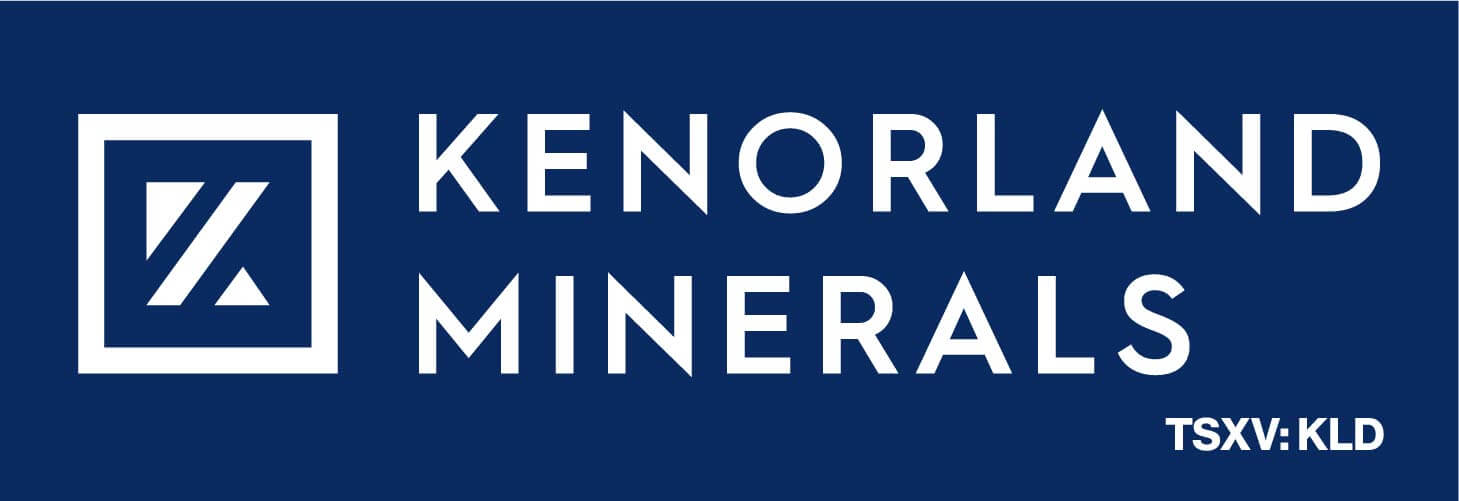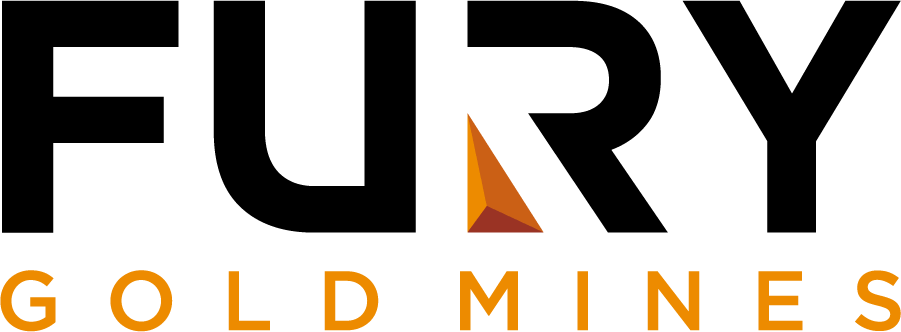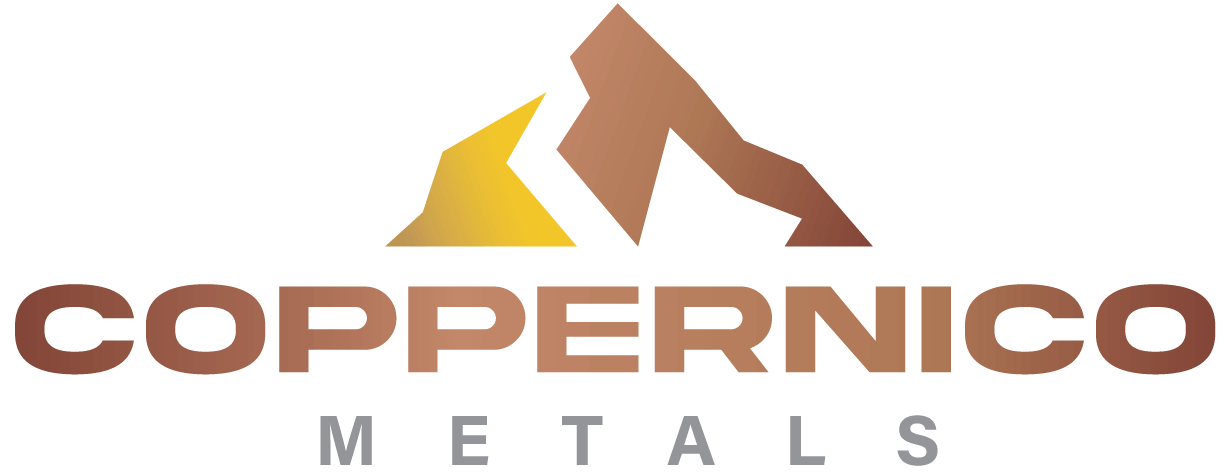State of the Mineral Exploration Industry with PDAC President Felix Lee
Felix Lee is the 37th President of the Prospectors and Developers Association of Canada (PDAC). An economic geologist with over 30 years of experience, Felix is a Director and Principal Consultant with CSA Global Canada, an international mining and geological consulting firm, where he manages the day-to-day operations of the firm’s Toronto office in conjunction with the firm’s twelve other offices worldwide. Prior to his current position, Felix was owner and president of Toronto-based mining and geological consultancy, A.C.A. Howe International Limited. Felix is a registered Professional Geoscientist (P.Geo.) in the province of Ontario and a member of the Society of Economic Geologists. He received his B.Sc. in Geology from McMaster University, and earned his MBA at York University and Northwestern University.
In this interview, Felix Lee shares his insights on the state of the mineral exploration industry and why mining investors should attend this year’s PDAC Convention. The Convention is the world’s largest mining conference and is held in downtown Toronto March 1-4th, 2020. To learn more go to: https://www.pdac.ca/convention
0:15 Attend PDAC to develop your network
3:20 Felix’ background and path to 37th PDAC President
5:40 Key trends mining investors should know
8:21 Positive mining trends and laws
9:20 Discussing challenges women in mining face
12:10 Advocating for more mining-friendly laws
15:32 Discussing mining jurisdictions
19:23 Why attend the PDAC Convention
TRANSCRIPT:
Bill Powers: I welcome Mr. Felix Lee to Mining Stock Education. Congratulations, you are now the 37th president of the PDAC. Your background is that of an economic geologist with over 30 years experience. Could you share a little more about your background and what was your path to becoming the 37th PDAC president?
Felix Lee: Well, thank you Bill. Thank you for having me and the PDAC on your show. Yeah, I’m an exploration geologist by background. Graduated in economic geology back in the 1980s, I won’t give a specific date and date myself, but my road to the PDAC and actually into mining was a bit convoluted. When I originally was in university, I was aiming to go into the oil and gas industry. And it was around that time in the mid-eighties that the oil and gas industry took a bit of a nosedive. And by default I ended up in the mining business and haven’t looked back since.
So, when I came out of university I didn’t really know very much about the mining industry. So much like perhaps many of your listeners, I came into the business knowing very little about the industry, how it operated, what the various opportunities there were in the business.
And what I found was that many people in this industry are very, very kind. They’re very generous in terms of sharing their knowledge and their experience and their wisdom. And many took me under their wing. And so I am where I am today in this business launch because the industry people and their generosity in sharing their knowledge and experience with me.
And so with that in mind, I decided at one point in my career that it was time to give back to the industry. And so I joined the board of the PDAC about 12 or 13 years ago. And eventually set myself down the path to becoming the PDAC president. And here am.
Bill: Speaking to mining stock investors, what would be some of the key trends in mining that you think investors should pay attention to?
Felix: Here in Canada there’s been quite a number of things that have been taking place. Some would view what’s happening as quite challenging. The industry however is full of optimism and so where we see challenges, we also see opportunities. So, some of the exciting things that are happening here in Canada, as well as in the global mining and exploration business is the adoption of new technologies in exploration. And technologies that are designed to improve the discovery of success rate of being able to find deposits much more quickly, much more efficiently, as well as reducing overall environmental impact of our activities. So such technologies might include artificial intelligence and machine learning as it’s applied to exploration targeting as well as using new technologies such as geophysics or geochemistry to discover the deposits.
Additionally, our industry is making a lot of headway when it comes to building a strong and mutually beneficial partnership with indigenous peoples. And so, one of the, I guess you could call it recent challenges facing our industry is building long-term successful relationships within the communities that we as an industry operate.
And in many times where we operate, we’re working with indigenous communities. And so it’s been, I would say, quite a learning curve for our industry, but we are getting to the point where I think we are starting to make a lot of progress in that front. So, it’s an exciting time for our industry when it comes to providing the economic opportunities for indigenous peoples and being able to allow them to participate in a meaningful way in the exploration process and mining activities.
Bill: In addition to this positive occurrence, are there any other positive trends or laws that you see occurring in Canada right now?
Felix: Yeah. Well right now there’s quite a big push for responsible exploration and mining practices. So there’s quite a big push out on the environmental side, on the social side as well as the health and safety performance. So, as an industry, pretty much every company, whether you’re big or small and you’re pushing forward to improve your performance in these areas.
One area that is quite exciting to PDAC is seeing improvements when it comes to performance in diversity and inclusion, particularly with respect to gender diversity. And so these are areas that you’ll see reflected in some of the material or content at the PDAC convention.
Bill: The industry, it is harder for, especially a woman that wants to have a family to really be out there in the bush all the time though, isn’t it? So how, in addition to the laws, is there anything that companies can do to make it more accommodating to females?
Felix: You’re absolutely right. In fact, actually, it’s hard for… depending on what stage you’re at in your career, you may find that male or female, you may find that the life of an exploration geologist is difficult. So, very early on when you come out of school, most of us are single and we’re all eager to get into the bush and work in the field. There comes a point in time of course when we decide to get married, maybe start a family. Male or female, it’s difficult when you’re away all the time.
And so you’re absolutely correct. There are things that the industry can do and companies can do. And they are implementing… Many companies are taking it to heart and making it a little easier. They’re doing the best they can to make it easier for people to find that work/life balance in the business.
What is helping as well is, again, as I mentioned, the adoption of new technology. So there is technology which is coming out that is making it easy or easier for people to maintain a career in the business while also keeping your family. So, there’s new technologies that are being implemented that allow for a certain amount of remote, remote operation of mining equipment. So people can actually alternate mining equipment working in mine but work from the comfort of essentially their home, if you will. So from an office environment that’s close to home they can essentially have a 9:00 to 5:00 working job.
So the industry is coming along way. It’s certainly not what you might think as kind of a backwards sunset industry. It’s a very high tech industry. It’s getting increasingly more high tech as new technologies make their way into the industry. And as such, it’s becoming a little easier to attract people, both male and female at different stages in their career development to the industry. So, attracting people and hanging onto them are a big part of… are some of the challenges that our industry is facing and we’re taking them head on.
Bill: The mining sector contributes a lot to the Canadian economy. And so therefore there are many favorable Canadian laws such as flow-through financing and such that helps mineral exploration. But if you were sitting down with some of the governing bodies in Canada, what would be some of your suggestions for, perhaps, ways they could further help and improve mineral exploration in Canada?
Felix: Well, that’s a very good question. So there’s quite a number of things that PDAC works on throughout the year with the Canadian government. We do a lot of work advocating on behalf of the mineral exploration industry. And so, some of the things that we’ve been pushing for, particularly in the 2020 Canadian government federal budget is we’re really pushing for the government to show some strong support for the sector’s role in the low carbon future.
And so, we believe the mining industry, perhaps more than any other industry, is key to securing and implementing a successful low carbon economy in the future. And so we’re hoping that the government can potentially provide a mineral sector-specific funding or tax incentives to encourage exploration specifically in or for the minerals and metals that are vital to a low carbon economy.
So this would include things such as battery metals: lithium, cobalt, vanadium, graphite, in addition to nickel and so on. So we would like to see the government provide more support in that area. And additionally we’d also like to see the government here in Canada provide more support in terms of investments in the northern parts of the country where Canada really does suffer from an infrastructure deficit.
Without the infrastructure, the cost of exploring and mining and petitioning the metals out of the far north here in Canada is quite expensive. And so, investment in infrastructure in the far north we believe will go a long way to reducing the cost of producing metals out of the far north.
In addition, we’ve been really asking the government to support the industry in terms of investment in indigenous communities to again, further their ability to participate in the sector and make be able to benefit from the economic opportunities that our sector has to offer. And so those are some of the things that we’re pushing for here in Canada. Canada does continue to be viewed as one of the prime destinations to explore in mine. But that being said, there’s still quite a number of things that we could be doing here in the country to make Canada much more competitive and make Canada much more attractive as a place to explore in mind.
Bill: Felix, as I mentioned in my introduction, one of the things I appreciate most about the PDAC convention is the global feel and the global vibe that you get when you are there. So for a western investor, or I should say a North American investor like myself, as you look worldwide in the mining sector, are there any mining jurisdictions that perhaps you think North American investors are not paying as much attention to but perhaps they should start paying more attention to?
Felix: I have to say that there really aren’t very many places in the world that haven’t been looked at one point by western mining investors or explorationists, especially when we talk about the exploration side of the business. Exploration dollars are quite mobile and jurisdictions, I think it’s safe to say jurisdictions are continually competing with one another to exact their share of exploration activity and investment.
So, the investors that I know are constantly scanning the world and the completion. And really they’re looking at countries that… they’re looking at quite a number of key factors when it comes to where they decide to ultimately put their money. So such things as government policy, government regulation, the regulatory environment, things such as environmental permitting, taxation, the lack of infrastructure, or the infrastructure or lack thereof, the ability to access land and land title are all factors that will be considered by an investor when it comes to deciding where to put their put their investment dollars.
And so, these things change constantly within countries. And so, one day a particular country might be very attractive and not long after it becomes unattractive and the exploration dollars move elsewhere. And so I guess to answer your question, to come back to your question, are there any rising mining jurisdictions? I would say pretty much Western investors are quite familiar with most of the mining countries that are out there and are constantly carefully looking at each of these countries and engaging just how attractive these countries are in both the short and long term as a place to put investment dollars.
So, it’s with this in mind that PDAC’s advocacy efforts are always geared towards trying to ensure Canada remains competitive on the world stage when it comes to mining and mineral electroporation and ensuring that we retain our fair share of those exploration mining dollars. And so, as I mentioned earlier, we’re always pushing the government here in Canada to make investments in such things as infrastructure in the north, making investments in indigenous communities so as to allow them to participate in a much more meaningful way in our industry. And these things can change very quickly. They can make Canada very competitive, or they can make Canada just slightly that less competitive and the exploration dollars will go elsewhere.
Bill: With this upcoming convention in about two months in Toronto, downtown Toronto, what are the unique things about this year’s convention that mining investors could look forward to?
Felix: Well, I would say for the benefit of your listeners, the convention is quite an extraordinary event. It is, as you said earlier, the world’s largest or the world’s premier mineral exploration mining show. And there’s pretty much everything for everyone at the show. We did have just a little over 25,000 attendees last year from 135 countries with about 35 countries represented with sizeable government delegations here. And so, the sheer size is ultimately what makes the show unique and I think of interest perhaps to your listeners.
So you have all the companies themselves, exploration companies that are attending. So, if one of your investors is interested in a particular company, or a particular geographic locale, or geological environment, chances are you’re going to be able to find companies that are working in those places and have the chance to speak with them. If they’re countries that are geographical locales that your investors perhaps are interested in, those countries are represented and will have a booth at the convention as well. So you can actually collect or gather information on the countries, speak to representatives from those countries and learn about whether or not this is a place that you’d like to invest in.
Additionally, the convention has a whole number of programs focused on the various areas of concern impacting our industry sectors. So there’s a capital markets program, so concerns with respect to mineral financing or new trends or developments concerning mineral financing will be covered under the capital markets program.
We have a sustainability program, we have an indigenous program, we also have a sizeable student program. And so we have about 1600 students from around the world that attend the conference every year. So, it’s a great time. It’s a great opportunity to try and learn as an investor about what’s going on in the industry, where the hotbeds of activity are as well as perhaps get a better feel or sense of the issues that the industry is dealing with and how they’re dealing with it.
And last but not least, given that there are 25,000 people there, the chances are you’re going to run into like-minded investors that you can trade notes with. So this speaks to the networking that you alluded to earlier. Networking, networking, networking. The show is a terrific time to meet like-minded investors, people who share your interest in a particular country or a company or geographical location. So, there’s something in the convention for everyone.
Bill: I will be at the convention and it is upcoming March 1st through 4th in Downtown Toronto. Website again is pdac.ca/convention and there is a link in the show description below. Well Felix, thank you for your time today and for giving us an overview of the mineral exploration industry and what to expect at this upcoming conference. Thank you.
Felix Lee: Thank you Bill.





